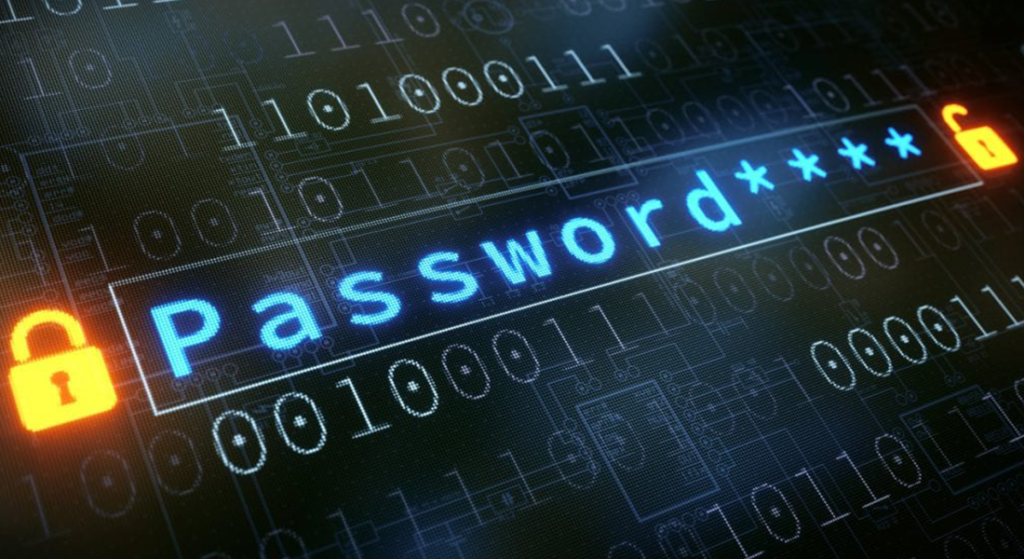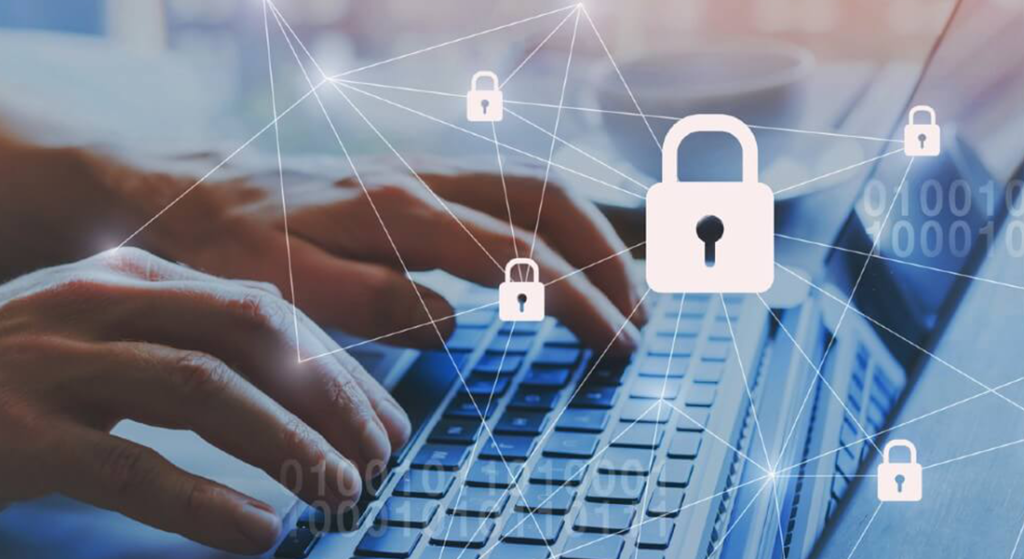In today’s world, there are several risks to your data security. Threats abound, from hackers to malware to industrial espionage. So don’t get too worked up. There are several things you can take to improve your data security, regardless of where you are located—whether in a US central hub or elsewhere.
Although firewalls and antivirus software are essential, your efforts should not end there. Throughout your company, you must adopt a thorough data security plan. This might include a wide range of things. Here’s a summary of several examples:
Contents
Why Is Information Data Security Important?
Let’s take a look at why all of this is going before we get into the details. It’s a crucial question: why is data security so important?
The first and most obvious explanation is that you are legally responsible for the sensitive data you collect as a business. A high-profile data breach is an easy way to make news stories all the wrong reasons. It may even result in legal action against you, depending on the severity of the attack.
“These attacks highlight the fragility of data and the lack of robust security procedures in enterprises of all sizes,” as according lepide.com. You must be prepared, regardless of its size of your business.
Breach of data may be disastrous for your company. They may tarnish your reputation, erode your consumers’ faith in you, and even disclose your valuable trade secrets, sensitive financial information, and a slew of other sensitive records that your business wants to maintain private.
It was well worth your time to do everything you can to avoid such losses.
1. Improve Data Security with A Security Audit

What would be the first step in information security? This is the first question you must be address. To put it differently, what is the first step towards implementing an effective information security strategy?
As already said, if you want to increase your company’s data security, you need hire a professional firm to do a full security audit. This type of audit will disclose your organization’s system’s current weaknesses and vulnerabilities.
This offers you a basis on which to develop. Security measures and antivirus systems are useful, but they are far from perfect. An audit can uncover areas where those systems are weak and where they might be strengthened. Moreover, data security experts may provide crucial advice in the implementation of your entire data security policy.
2. Increase Data Security through Using Strong Passwords

The password policy is the next step to consider. If you want to boost the security of your data, you’ll need strong passwords. This implies you won’t be using any of those hackable “12345” passwords. A strong password combines lowercase and uppercase letters, numbers, and symbols, ideally scrambled to avoid spelling out a common word.
Using the same password for many accounts is also a no-no. If one account is hacked, the thief is almost certain to attempt the password on all associated accounts. To avoid this, your entire organization has to adopt and implement a password policy.
3. Make sure your computers and network are up to date. Of course

you’ll have to assess and test not only your network, but also your servers. You’ll need a high-bandwidth infrastructure for this. If you can’t access your info, it’s useless. And cluttering a low-bandwidth system with reams of useless data might be just as damaging to your business as stealing the data outright.
You want a systems that runs smoothly, quickly, and without the risk of interruption to increase data security. To that reason, investment in high-bandwidth is a great idea.
4. Back-up Your Data on a Regular Basis

Another moment computer tip is to back up your data on a regular basis. This will assist you in survival in the case that your typical data access systems fail you.
For instance, there is a quasi problem these days with Microsoft Outlook that prevents it from opening correctly. “The data store could not be opened,” says the error message. That is your email address. Is there any important information in your email? What happens if you can’t get to it?
Backing up your data (including emails) according to the 3-2-1 rule is the recommended practice method. “…you should keep three copies of your data on two distinct types of media, as well as one copy offsite, such as on the cloud.” (Forbes.com) This prevents you from being buried by a technical issue.
5. Restrict Employee’s Access Permissions

“Organizations should decide what an employee requires access to and guarantee they have access to exactly what they need,” according to Globalsign.com. This is really a best practice—one of those information security principles that you just cannot ignore.
The extent with which an user may infiltrate your systems and the information they can obtain is regulated by access permissions. Perhaps you have complete faith in all of your staff. That’s excellent. However, not every company can afford to take such a risk. Furthermore, even a trusted employee might be hacked and unwittingly offer access to sensitive information that could be used against you.
It’s far better to avoid taking that type of risk as much as possible.
6. Update Software on a Daily Basis

The software you use is another important part of data security. Old, out-of-date software is easier to hack and circumvent, putting you and your data at danger. To fight this, you should upgrade outdated software as soon as possible and apply any essential updates as they become available.
You do this for multiple reasons such as:
To prevent hackers from gaining access to your information
Stop viruses from infecting your devices.
And to just fix bugs from previous versions of your product.
Remember that as software advances, hackers and viruses adapt and change as well. They are constantly on the lookout for flaws to exploit. Keeping your software up to date is the best way to prevent this.
7. Keep Alert | Your Data Security

The final piece of advise we can provide you is to be alert. Always be on the watch for suspicious conduct, no matter what form it takes. Although many risks can emerge from outside your company, challenges from within your company are as possible and costly.
These can range from intentional industrial espionage to an employee inadvertently clicking on the incorrect thing and unknowingly releasing a nasty virus onto your system.
So be on the watch. It’s another of those information security basics that will almost likely never go out of style.
Conclusion
It’s the age-old question: why is information security so important? We hope that this post has given you with an answer to that query. The suggestions and procedures described here will help you improve your data security regardless of where your business is situated in the United States.
But, in the end, you must operate a business. Our original advice stands: hiring a company to do a security assessment and assist you in establishing a robust data security plan is a smart idea. That is the most effective way to protect oneself.

